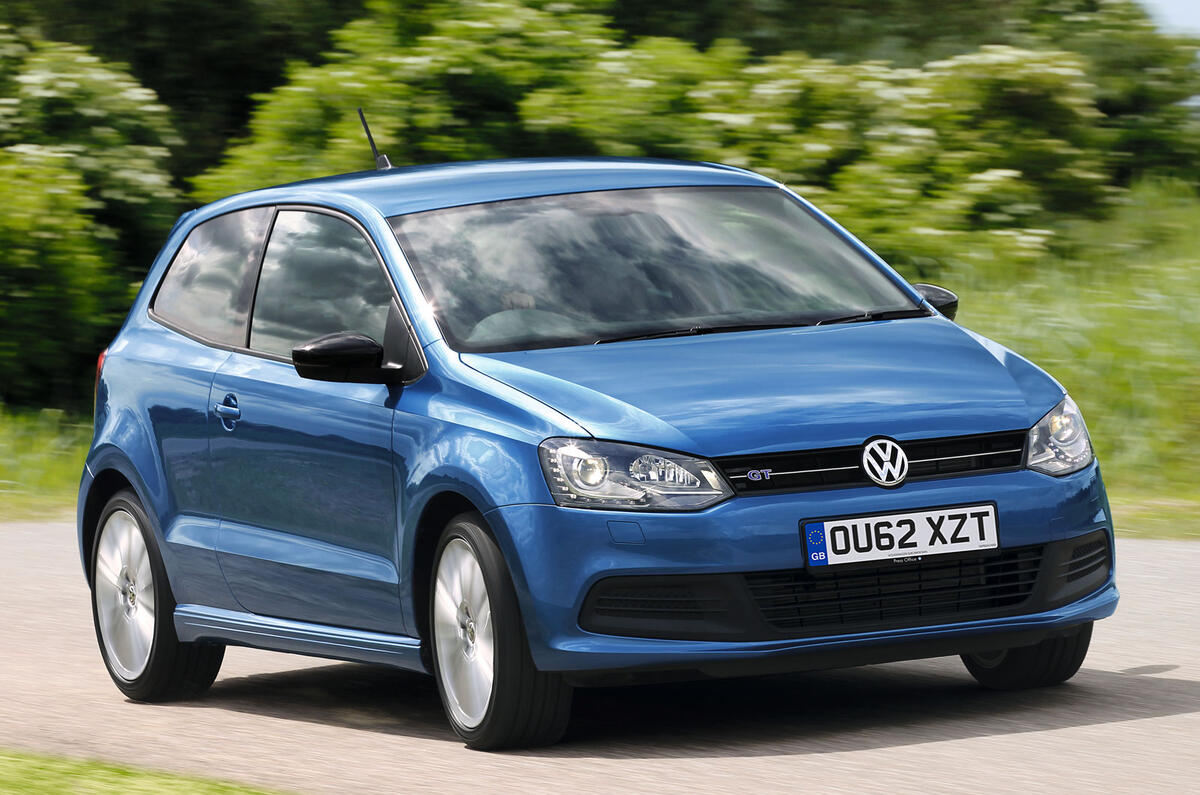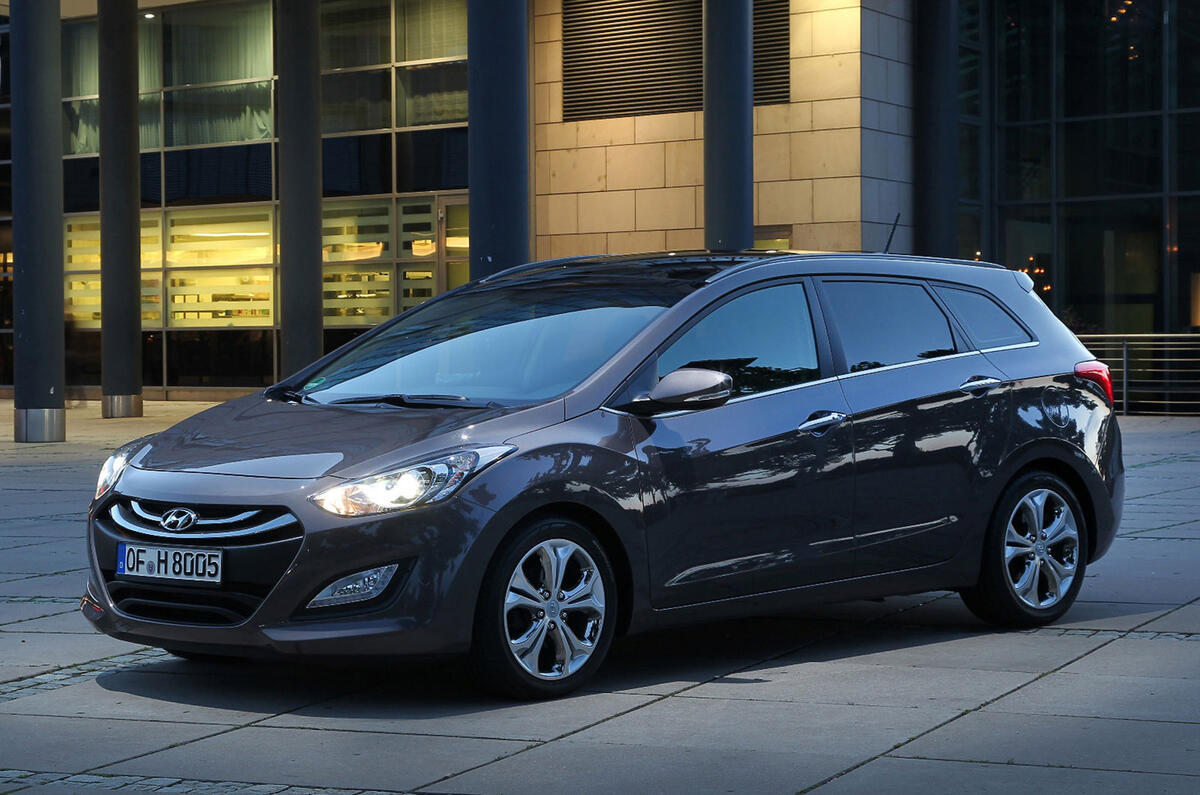The new Volkswagen Polo BlueGT is now on sale priced from £17,400. It gets a 138bhp 1.4 TSI engine with cylinder deactivation technology, which means economy of 61.4mpg and CO2 of 107g/km. Six-speed manual and seven-speed DSG transmissions are offered.
The Hyundai i30 Tourer has been awarded a full five star safety rating by Euro NCAP. The model scored a 90 per cent rating for both adult and child and full marks for the protection of pedestrians’ legs. The model also achieved an 86 per cent score in the ‘Safety Assist’ category due to its ESC and front and rear seatbelt reminders.







Join the debate
Add your comment
I've commented before on this
I've commented before on this VW engine: As my motoring is mainly light load town work I imagine I would be running in 2 cylinder mode most of the time, and I wondered if this would have any detriment on the engine longer term. I guess it would start up on 4 cylinders, but cut out after that? I only ask because of the problems VW has had with some of its recent engine design when out in the real world.
I'm sure it works fine
I would expect that the loss of exhaust gas volume from the deactivated cylinders is exactly compensated by the additional exhaust gas from the remaining working cylinders. That's the whole point - at low engine loads, two cylinders working fairly hard will always be more efficient than four cylinders working lazily. Incidentally no fresh air is pumped through the deactivated cylinders - both valves are kept shut to reduce pumping losses.
Much as I admire this technology, it's dissappointing that it comes at such a high price. Then again, if no competitor offers it who can blame VW for charging a premium...
how does that work?
Cylinder deactivation on a turbo engine, won't that cause the turbo to slow down and not produce as much boost? Or is the fresh air pumped through from the shut down cylinder(or cylinders) enough for there not to be any noticeable difference?